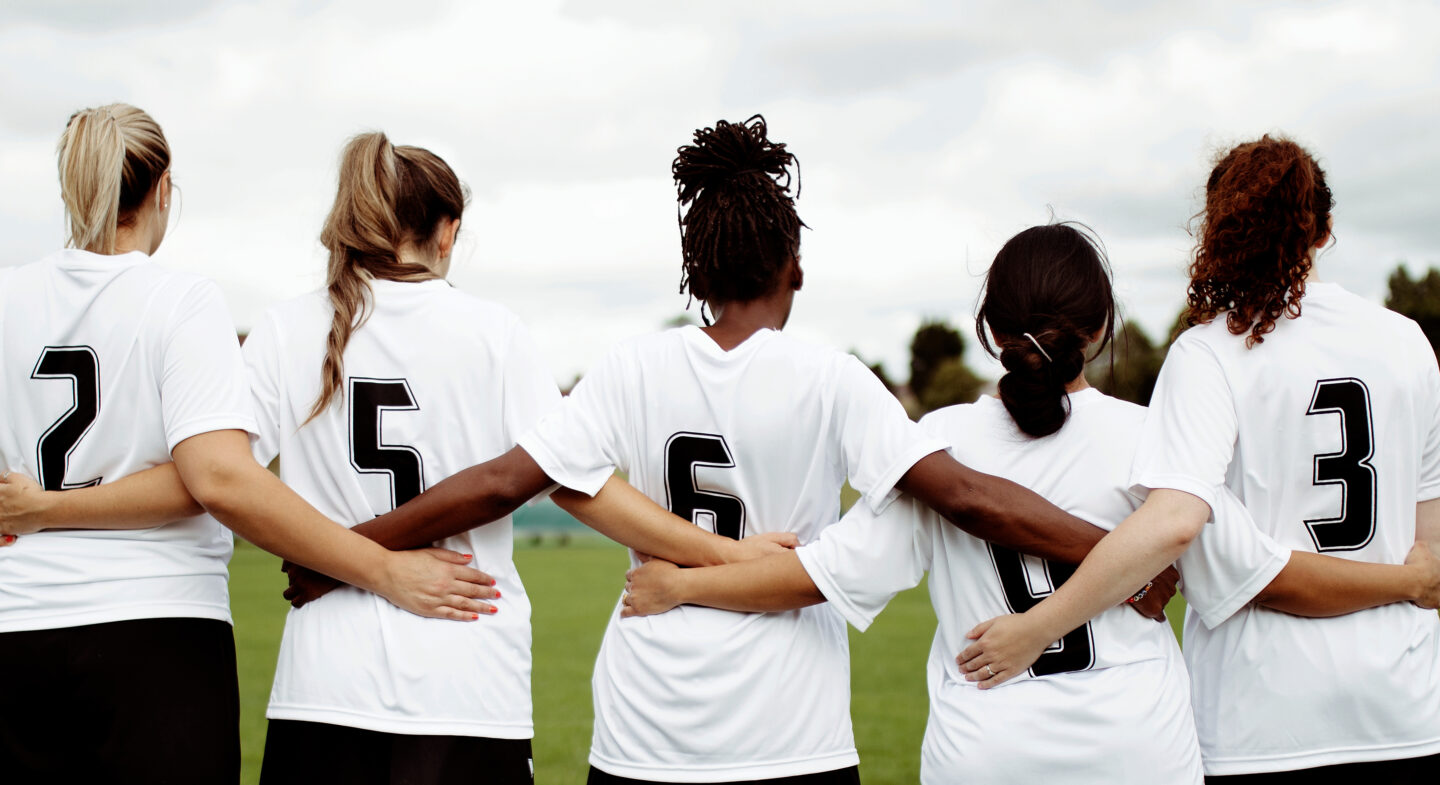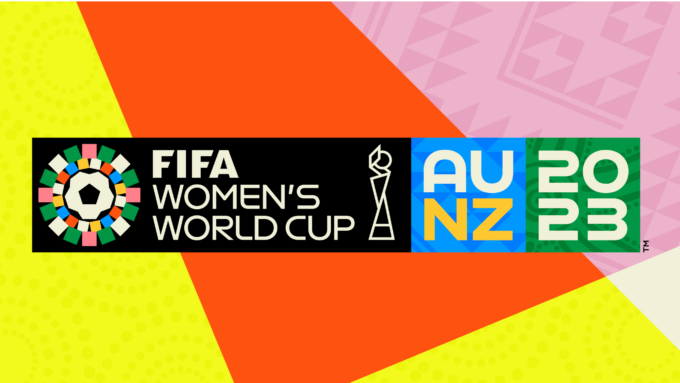The excitement is palpable for this year’s FIFA World Cup because this month-long football event is about far more than what happens on the pitch. The historic 32-team tournament, co-hosted by Australia and Aotearoa New Zealand, will offer thrilling examples of athleticism, resilience, and grit despite controversies surrounding sponsorship, ambassadors, and the lack of a broadcast agreement in several major markets until the last minute.
Equally important for this World Cup, and the women’s game especially, is that it offers lessons for how to advance gender equity and inclusion off the pitch. That’s because sport is not just about leisure and entertainment. It also serves as an instructive playbook for how to improve diversity and equity in the corporate world.
All eyes will be on the defending champions, the US Women’s National Team (USWNT). The team is stocked with talent and seeks to claim a historic third consecutive victory. But Team USA has significant wins off the pitch as well, advocating for gender equality, with an almost 30-year track record of activism in their fight for greater equity and, since 2016, equal pay. In 2019, the team filed a gender discrimination lawsuit against their employer, the US Soccer Federation (USSF), which was settled in 2022.
As a result, the women’s national team players earn equal pay through “identical economic terms” as the men’s players, while players from both teams equally split all FIFA prize monies. The settlement was touted as “historic” and a means to “set the global standard,” by USSF President Cindy Parlow Cone, herself a former USWNT member who since 2020 worked from within to bring a resolution to the lawsuit.
These successful decades-long efforts have also likely influenced players and teams around the world, demonstrating that progress by one can build towards progress for others or in other areas.












 Audio available
Audio available